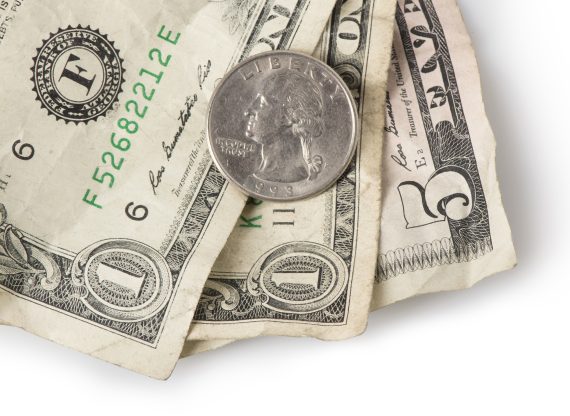Minimum Wage Hikes Only Seem Compassionate

The federal minimum wage in the United States has been $7.25 an hour since 2009, and for years lawmakers and activists have called for its increase. Last week, the Senate voted against the latest proposed hike.
President Biden campaigned on increasing the minimum wage to $15 an hour during the 2020 election, and has made an early attempt at following through by tethering this measure to a $1.9-trillion COVID-19 relief plan. The American Rescue Plan would fund vaccines, support struggling communities, and provide immediate and direct relief to Americans during the pandemic. Among other things, it would include $1,400 stimulus checks for Americans (including child and adult dependents) based on undecided income thresholds, $130 billion to help schools reopen safely, and $30 billion in rental and critical energy and water assistance.
While there has been support for raising the minimum wage among both Democrats and (some) Republicans, throwing the minimum wage increase into the COVID-19 relief bill was a poor policy choice. As Rep. Tom Reed of New York put it, “The more you throw into this bucket of COVID relief that’s not really related to the crisis, the more you risk the credibility with the American people that you’re really sincere about the crisis.”
In addition, more than doubling the minimum wage comes with consequences that cannot be ignored – especially during a time of extreme economic strain for small businesses. Many retailers have already been forced to cut their staff by 20% to 30%. Dramatically increasing the minimum wage would force businesses operating on razor-thin margins to replace low-skilled employees with self-service alternatives and automation.
Empirical studies confirm that drastic inflation of the minimum wage has negative consequences for young and less-educated workers – precisely those such hikes are supposed to help. With more than one in three Americans over the age of 18 either lacking a high school diploma or education beyond that, the opportunity to gain work experience is crucial. And small businesses that employ lower-wage workers are already among the hardest hit by the economic impacts of COVID-19; setting an artificially high minimum wage could drive even more of them out of business.
Rather than driving up the costs of employment, America needs an environment for recovery that will foster opportunity. Emphasizing and supporting education options for young people, reducing regulatory burdens on small businesses, and eliminating unnecessary occupational licensing requirements are just a few ways to foster real economic gains – without the unintended consequences that undercut the hoped-for benefits of increasing the minimum wage.

